Will the Russians attack NATO?
He pointed out that Russia has a population of 140 million, the EU has 400 million, the UK has 70 million—and that’s not even counting the United States. "We outnumber them, we have more money, and our defense industry is more advanced. How would the Russians defeat us if they can’t even take four Ukrainian regions?" he asked. "Russia is not in a condition to pose a real threat to Europe," he pointed out.
Regarding the Russia's threat to the Baltic states, he also discussed how seriously one can take NATO's article that states that if one member state is attacked, all others will consider it as if they were attacked.
He reminded the audience that Poland had mutual defense treaties with the West during the Second World War, but after Germany's attack, Western response was delayed by months. However, since NATO was founded, no one has dared attack a member state.
No member state can afford to not help another if attacked, PM Orban stressed. "The Baltic countries should believe in NATO. No one could be so foolish as to attack any NATO country, especially with the US and Turkey as members.”
Viktor Orban also noted that, for the first time in 85 years, Germany is rearming. This could make Germany the strongest military power in Europe, fundamentally shifting how we think about European security: it will overturn the balance of power.
The Balkans as Europe's Powder Keg
Regarding the prison sentence of Milorad Dodik (the leader of Republika Srpska was convicted in a second instance) and the events in the Balkans, the Hungarian prime minister said: the problems there are because the EU failed to integrate the new Balkan states. Taking a look look at the map between Hungary and Greece shows that this region is practically crying out for being part of the EU, which is why great power rivalries are taking place, involving Americans, Russians, Turks, Europeans and even Arabs.
"Hungary must form an alliance with the Serbs—they need it too. We’re already seeing signs of this in infrastructure and rail development. Many Serbs live in Bosnia, where Dodik is the elected president of the Republika Srpska. Dodik was convicted for refusing to implement EU decisions, which is unacceptable. Dodik remains the democratically elected leader of the Serbs living in Bosnia, and we will continue to shape our policy accordingly,” he emphasized.
He also stressed the importance of building alliances with North Macedonia, Albania, and Bulgaria, saying good relations are crucial for pushing the migration control line further south. "Soon we’ll see migration waves of hundreds of millions heading toward Europe. If we don’t stabilize Africa, we’re in serious trouble, because Africa hasn’t even started moving yet. We must prevent an invasion, a new influx. The next generation of politicians will face the task of stopping the migrant wave heading toward us from Austria," Viktor Orban projected.
"We must reach agreements with Orthodox Christians in the Balkans, with Romanians, with Slovaks, with Poles because only together can we preserve a Christian Europe. If we don’t form political alliances, we’ll be crushed and end up like the countries of Western Europe," he said.
Migration: Hungary Must Be Preserved As It Is Now
On the topic of migration, Viktor Orban emphasized that he believes Hungary can be force the migration pact on us, we can maintain our way of life. While Western countries have surrendered, we must rebel," he stressed.
He explained that under the EU migration pact, Hungary would be required to set up camps to accommodate 30 thousand migrants, and Brussels would dictate how many people must be admitted during times of high migration pressure. "There are only two paths: submission or rebellion, and Hungary will not choose submission.”
In conclusion, Viktor Orban also shared personal plans: he’ll be vacationing in Croatia in the second half of August. "Every Hungarian needs to see the sea at least once a year," he said. "The liberal press is interested in everything I do. But I gave up long ago on doing anything just to please them," he said, adding that he plans to rest a bit and return refreshedin order to defeat the new opposition that has emerged from the ruins of the old Left next year.
Viktor Orban revealed he plans to read Spiró György Padmaly, a novel by Gyorgy Spiro about Mihaly Tancsics. "Hopefully I’ll get through it by the end of the summer,” he said. He also mentioned that he will be speaking at the annual Kotcse civic picnic, which takes place the day after the Ireland–Hungary football match. To prepare for that speech, he plans to read two or three political books in addition to the hefty Spiro novel. "I wish you all a great vacation!” Viktor Orban concluded.
Viktor Orban Viktor: MCC is flowing strong!
"MCC is flowing strong! We’ll be going live from Esztergom at 4:30 pm," Orban highlighted on social media. As previously reported by Magyar Nemzet, the Prime Minister will participate in a panel discussion today with Gergo Kereki, editor-in-chief of Mandiner online, on the festival’s main stage.
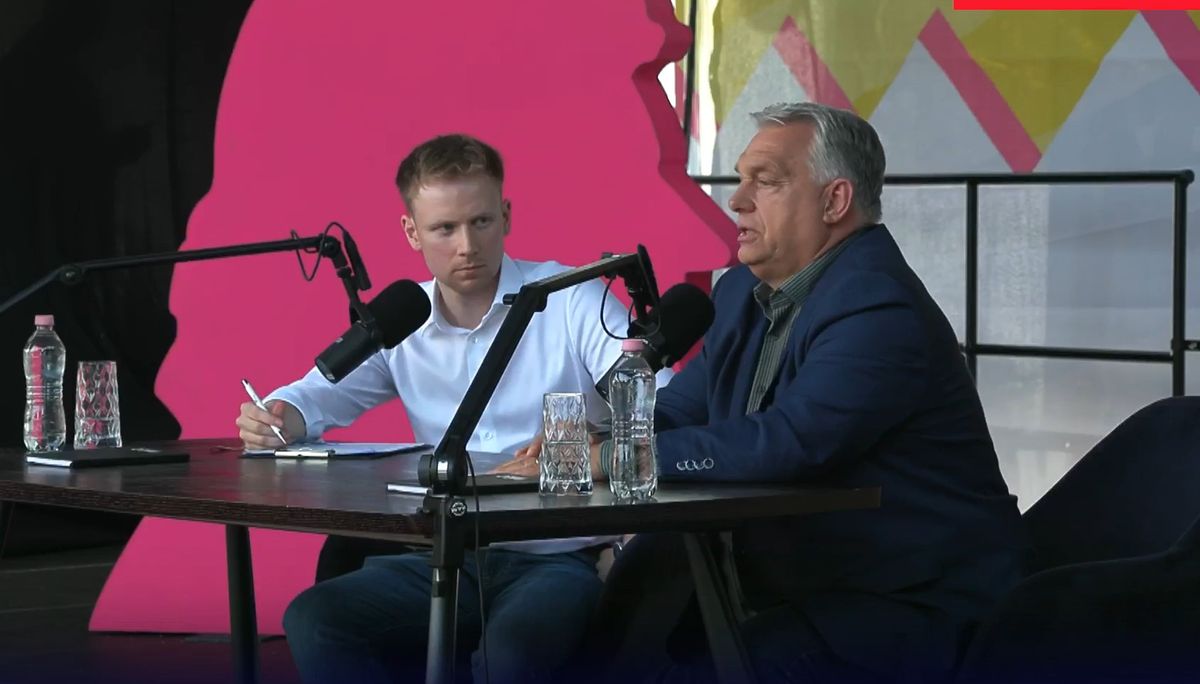


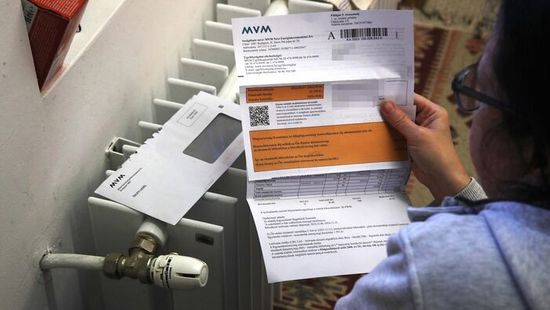
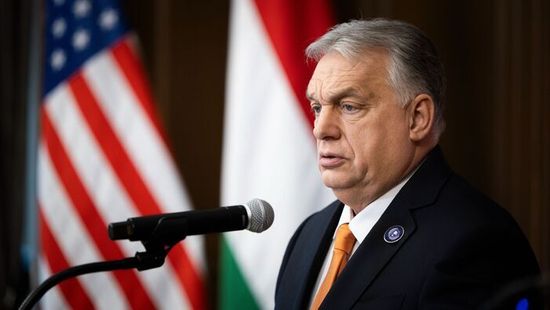
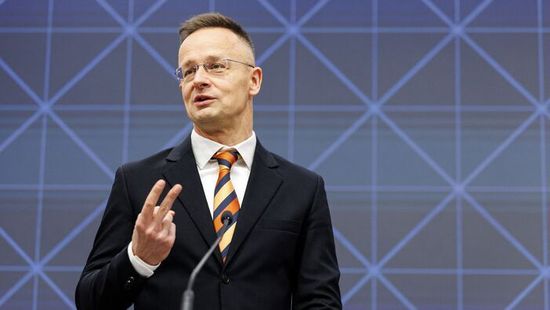

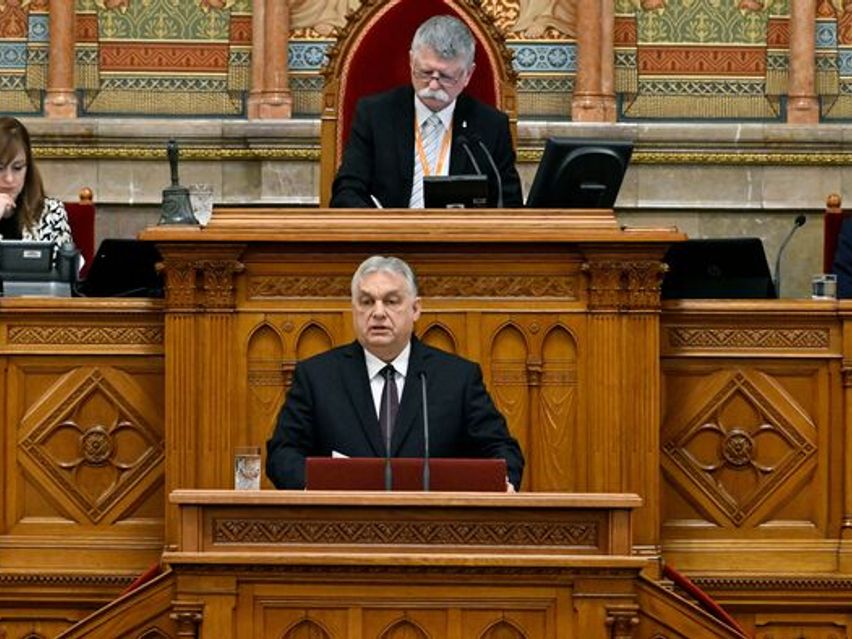
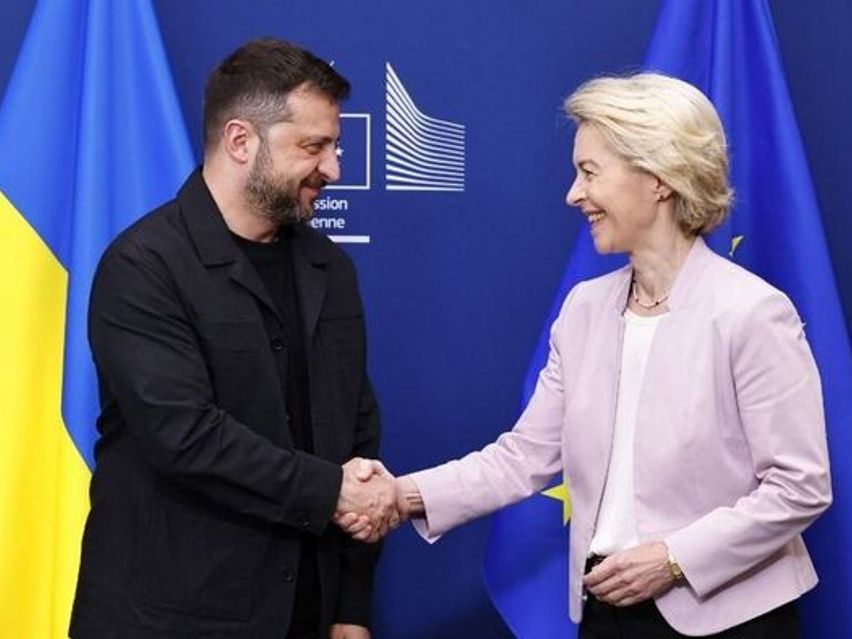
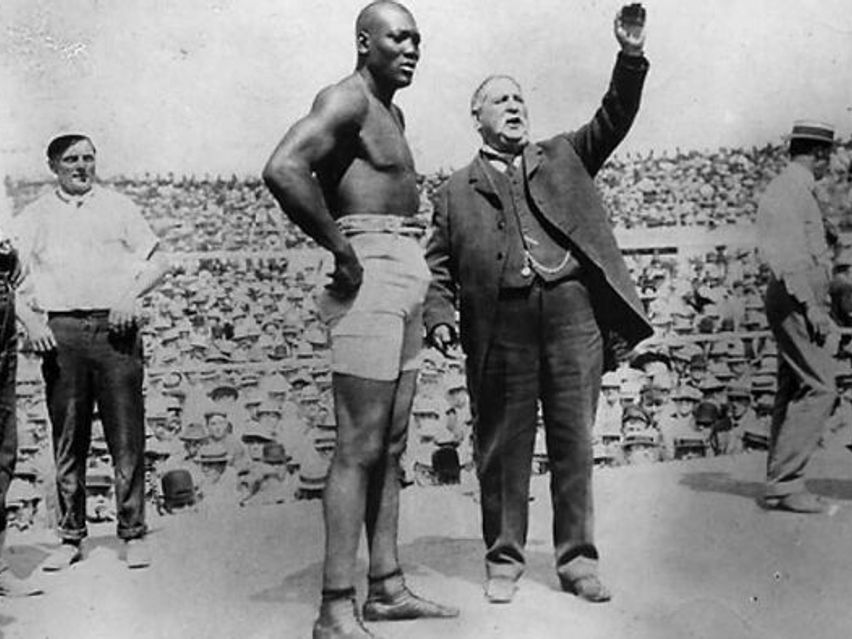
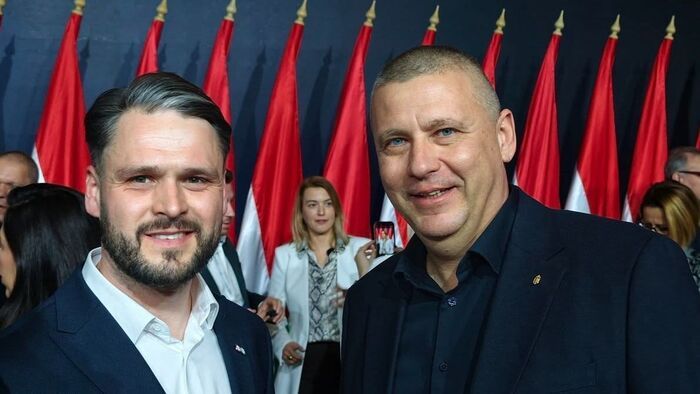

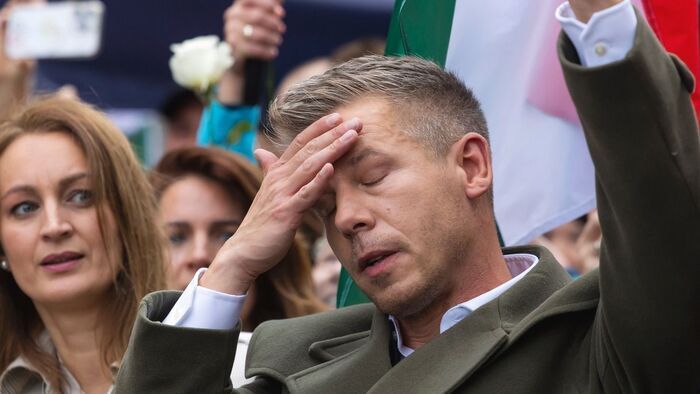

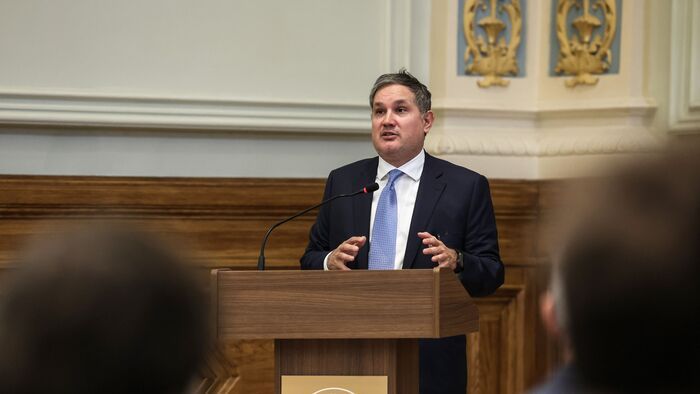

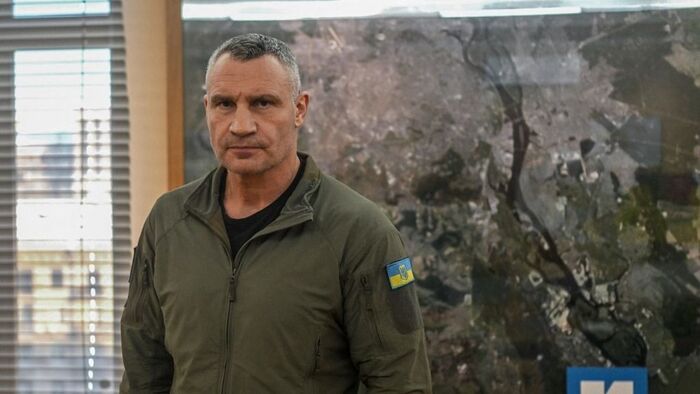
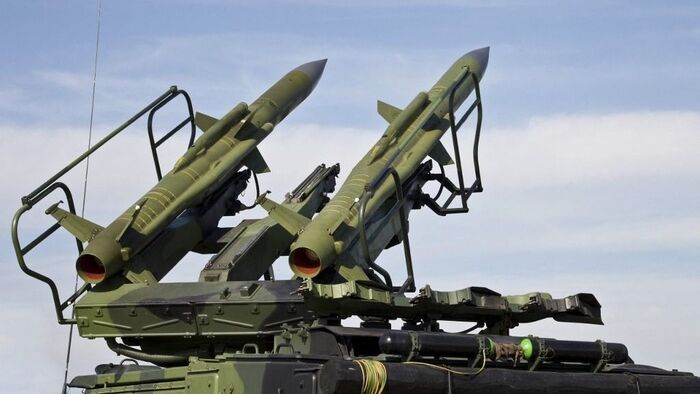
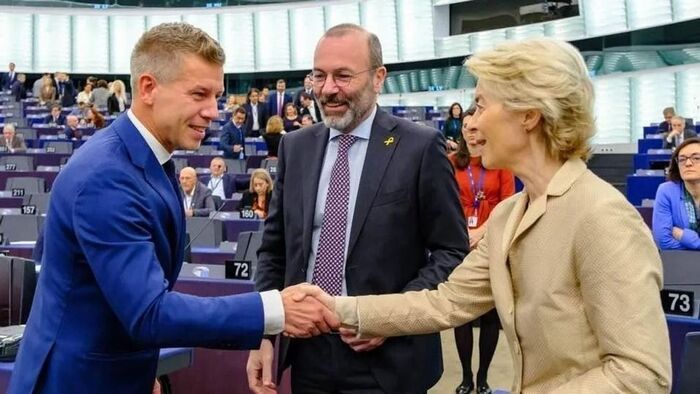


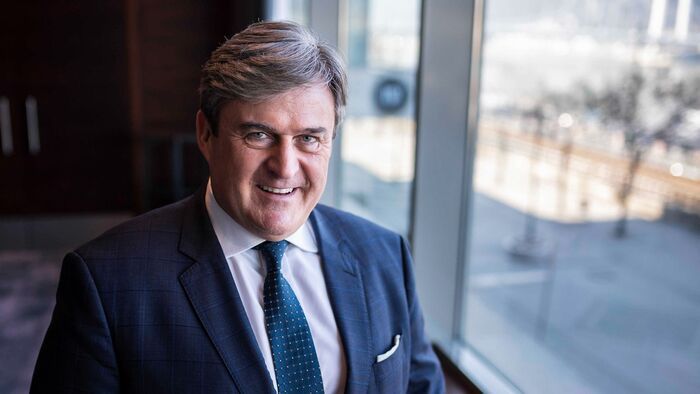


Szóljon hozzá!
Jelenleg csak a hozzászólások egy kis részét látja. Hozzászóláshoz és a további kommentek megtekintéséhez lépjen be, vagy regisztráljon!